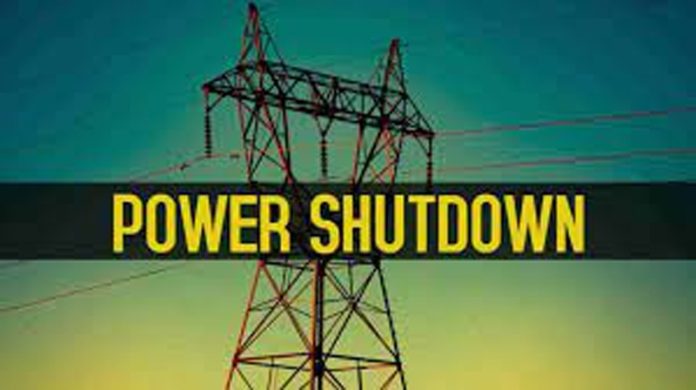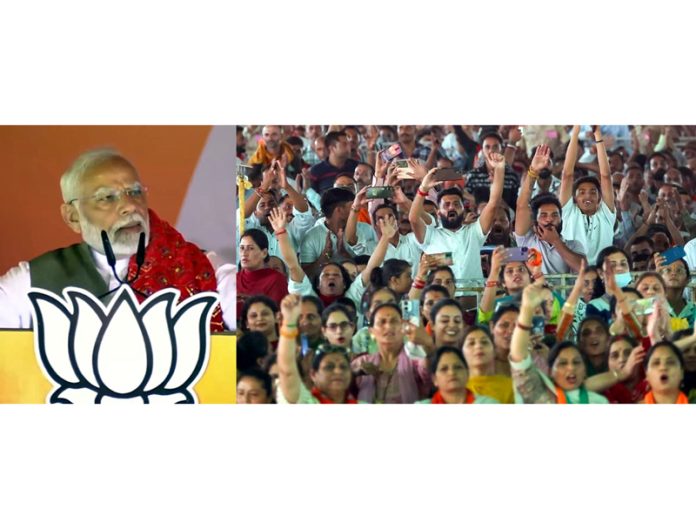
(Image: Private Media/Zennie) This article is the final instalment of the series “Peter Dutton is racist” , on Dutton’s history of racism and the role racism has played on both sides of politics since the 1970s. In 2021, when Crikey launched a series on Scott Morrison’s propensity to lie , it attracted huge traffic and even attention from other media — which normally prefers to pretend we don’t exist. We’d dared to say something that virtually no-one had previously pointed out about the then prime minister.
Thereafter, other media began pointing it out as well. It became part of his political image. When we called out Peter Dutton this week as a racist , the reaction from readers was more like: “Yeah, we know.

” Clearly, readers had long since made up their minds about Dutton. It’s probably fair to say a lot of voters have as well. But the point of devoting space to the opposition leader’s attitude to race issues, and how it fits within the broader political history of Australia since the White Australia Policy was dismantled two generations ago, wasn’t to attempt to shape his political image.
It was to provide a better understanding of the man who might yet be the next prime minister, and his political character, and to consider the political tools he is using in his quest to become prime minister. Just like Hanson, Dutton’s racism is opportunistic and malleable Read More The problem with simply dismissing Dutton as racist because, say, he wants to ban Palestinian refugees, or he boycotted the Apology to the Stolen Generations, is that it fails to give sufficient weight to the charge of racism. As I noted in a piece earlier in the week , when charges of racism are everywhere, they lose their value.
When everyone and everything is racist, no-one and nothing is. And, sure, I’m just another white guy opining from the top of a pyramid of systemic privilege. I understand that, as well as the sensitivities of someone like me trying to dictate what racism is or isn’t.
I have no experience of racism and likely never will, and if I did, my experience would be profoundly different to that of an Indigenous person, or a non-white Australian, or a Muslim. But if we accept that racism is neither a rigidly defined objective thing with clear-cut borders, nor an entirely subjective experience whereby any person can decide anything is racist, then we all have a duty to be accurate and precise about it. That’s why — as with the Morrison lies series — we took a cautious approach: were there any clear-cut examples of racism by Dutton, ones that no amount of argument, good faith or not, could explain away? Dutton says, for example, that his hostility to Palestinian refugees is because of the potential for their ranks to contain a national security threat; his boycott of the Apology, for which he has repeatedly apologised, was because he felt it wouldn’t deliver real change for Indigenous peoples.
No racist, he. So while we assembled a lengthy list of race-related comments by Dutton , we focused on three particular issues we thought were unimpeachable examples of racism, such as his apparent endorsement of derogatory comments by Wilson Tuckey about Indigenous peoples, his explicit support for white South African refugees compared to his highly derogatory remarks about other refugees, and his smearing of Australia’s Muslim communities with the charge that they had withheld information about a terrorist — a terrorist his own agencies had vetted and decided was not a security risk. Peter Dutton isn’t racist — he’s a xenophobe.
There’s a crucial difference Read More Readers can argue that other comments by Dutton reflect racism — his opposition to the Indigenous Voice to Parliament, for example — but we don’t feel those claims address the same level of explicit racism as the cases we cited, or can be explained as reflecting quite different motivations and views. Why does any of this matter? We think the racism of a man who might be prime minister after the next election matters. But it’s also important because explicit racism and xenophobia have, over the past decade, reentered political debate — and have become far more visible on the margins.
The political landscape is different now as a result. White grievance and victimhood have become not merely a fringe issue to be exploited by outsiders like Pauline Hanson, but also something major political parties are happy to exploit, and something major media companies are happy to foster. White victimhood has existed ever since the first moves to end discrimination against non-whites.
But now it’s a staple of mainstream politicking. Indeed, one of the primary obstacles to any concerted effort to improve the lot of Indigenous peoples is now a zero-sum view that any reduction in misery for Indigenous peoples must be automatically at the expense of white people. Donald Trump is the best exponent of white grievance in the United States.
The Voice campaign illustrated the extent to which it’s a significant political factor in Australia as well. And Dutton is happy to foster and exploit it. Dutton may fail at the next election and then leave politics.
Individuals come and go from Canberra. But changes to the political landscape last far longer. Mapping those changes should be a task of every credible media outlet covering politics.
What did you think of the series? Let us know your thoughts by writing to [email protected] .
Please include your full name to be considered for publication. We reserve the right to edit for length and clarity..










